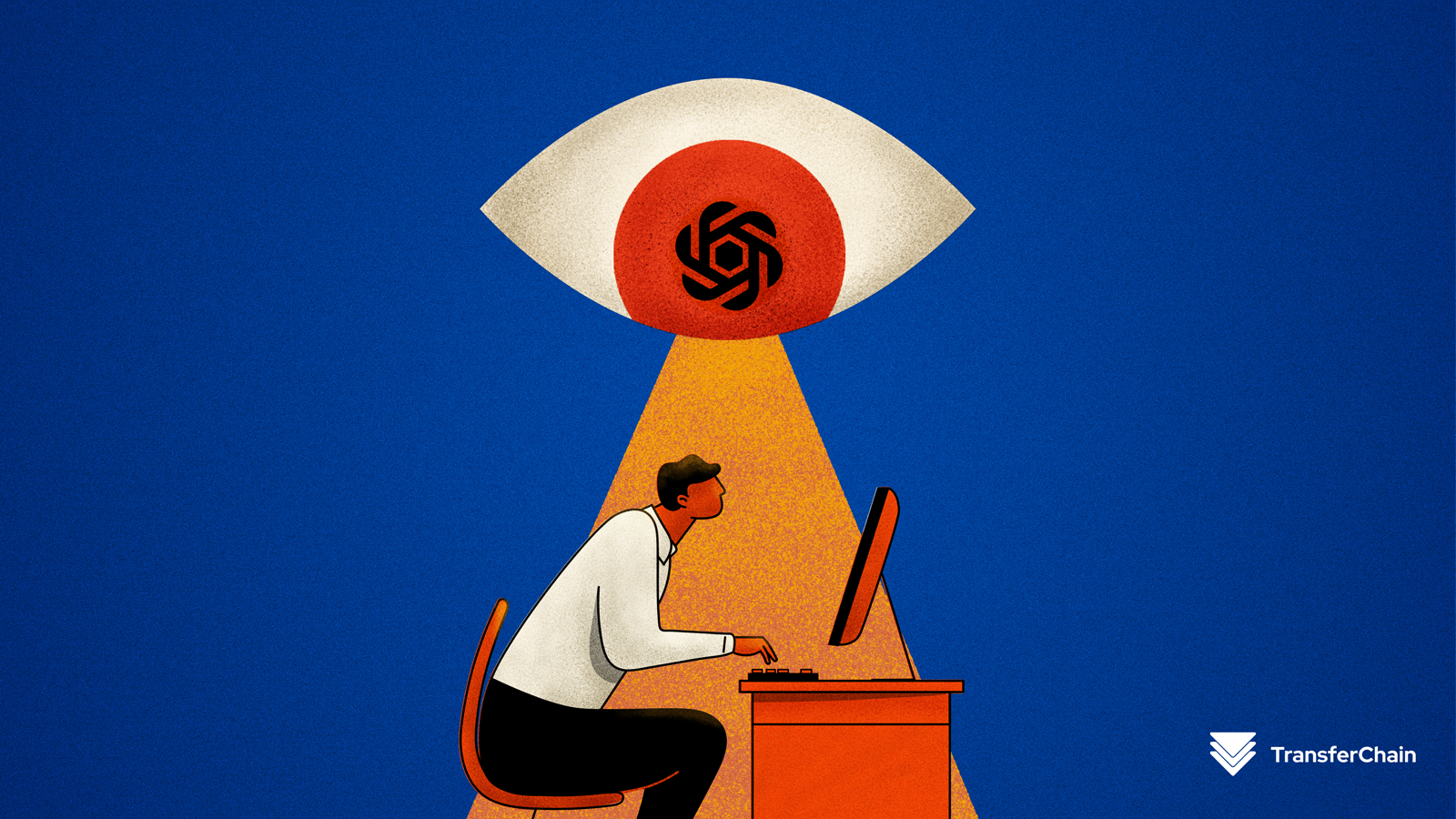
Will ChatGPT Take Our Jobs or Our Privacy?
Let's start by stating what we will say at the end: No, this blog was not written with ChatGPT. And again, no, artificial intelligence will not take away everyone's jobs.
Since ChatGPT has become popular, users have been expressing concerns about their professions in this and similar contexts. This fear is not new. Since the invention of fire, humans have continued to approach new technologies with a mix of excitement and fear. It is perfectly normal for every new technology to bring its own opportunities and fears. The euphoria you felt when you first used artificial intelligence might have turned into a tsunami of fear due to the unexpectedly intelligent answers given to the questions you asked. Just as the invention of the wheel did not eradicate the horse population, and the widespread use of personal computers did not take away secretaries' jobs, AI applications like ChatGPT will not leave anyone following technology trends jobless. Those who quickly adapt to this new technology and use it correctly in their work should feel excitement rather than fear. The simple theory of evolution continues; the best-adapted ones win.
However, not everything is bed of roses. What we really need to fear lies much deeper. Because while it may not take away your job, losing your personal information to others is just a matter of time. The rise of artificial intelligence led by ChatGPT has already started to threaten the privacy and security of your personal data. The threat is so great that Italy banned the use of ChatGPT last week. While the Italian regulator has only singled out ChatGPT so far because of its popularity, other AI platforms such as Google Inc's (GOOGL.O) Bard might be questioned too, several experts said. Moreover, the Italian government is not alone on this issue. Germany, Ireland, and Canada are also preparing to take the final steps towards a similar ban.
Because states are aware that this new technology, which could make our lives easier in the future, has already started to consume our personal data that can shape our lives today. It's not a secret that all of your conversations with ChatGPT are stored on OpenAI's servers. Besides prompts and chat conversations, OpenAI also saves other data when you use ChatGPT. This includes account details like your name and email as well as approximate location, IP address, payment details, and device information.
If you think that many other sites are already capturing your data, so let this one use it too, we have bad news for you: Due to its nature, artificial intelligence will be one step ahead of others in using your data against you. Because, with its advanced neural language processing capabilities, ChatGPT can uncover hidden patterns and trends in your data that you never thought possible. And secondly, OpenAI doesn’t have age controls to stop people under the age of 13 from using the text generation system; it can provide information about people that isn’t accurate; and people haven’t been told their data was collected.
Nevertheless, despite all these negatives, when looking at the issue from a broader perspective, it is not difficult to see that the real problem is not ChatGPT itself but data privacy. Traditional cloud methods used for storage and transfer seem to continue to expand security vulnerabilities.
